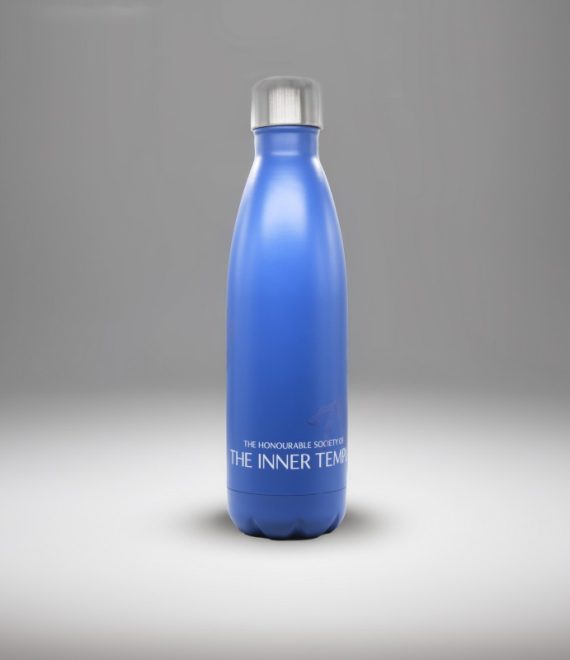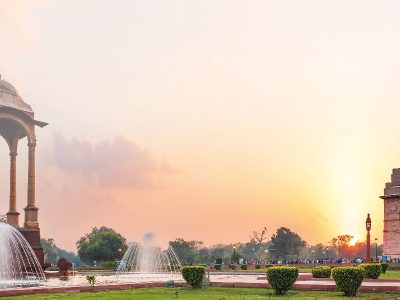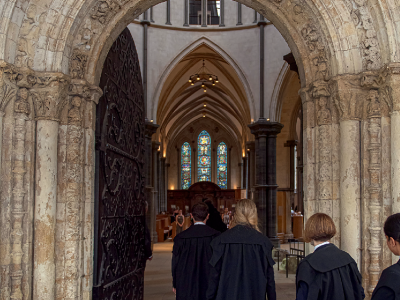

Pegasus Scholars: INDIA
During my Pegasus Scholarship in Delhi, I had a unique opportunity to see court proceedings in various venues – from hearings before the Judicial Magistrates’ Courts right up to the Supreme Court of India. I was surprised by just how many hearings were ineffective. Many of my days were spent with Advocates rushing from court to court to request “a short date please”, which in reality could be an adjournment lasting for months or years. A very positive surprise was the excellent court facilities everywhere I went. Every court had up-to-date video link equipment, air conditioning, bustling canteen facilities and working lifts – a list which would be very difficult to tick off completely in any English Crown Court!
I arrived in India in July 2023 amidst a storm of patriotic sentiment. Chandrayaan-3 was setting off for the south pole of the Moon, Delhi was preparing to host the G20 summit, and the campaign for the enormous general election the following year was about to begin. There were literal storms, too: the capital city was experiencing one of its worst monsoon seasons ever, and the start of my scholarship was delayed by two unexpected problems. First, unprecedented flooding in the Supreme Court complex caused by the River Yamuna bursting its banks. Second, a lawyers’ strike in protest at a High Court Judge being apparently banished to Kolkata for political reasons.
My status as an English Barrister prompted many questions from the advocates I worked with in India. Once urgent questions about wig-wearing were addressed, my colleagues were especially curious about the jury system (abolished in India in 1973). I was proud to explain that England’s juries help to safeguard our criminal justice system from political corruption. Advocates in Delhi’s courts knew which tribunals to avoid if one’s client had links to the opposition.
Throughout my scholarship I saw first-hand the power and agenda of the current Indian government. I was extremely fortunate to be able to watch arguments made on behalf of the government in the Supreme Court in the Article 370 hearings. The case concerned whether the removal of Jammu and Kashmir’s autonomous status in 2019 was unconstitutional. I was sitting in Court as the government’s Senior Advocate admitted that there was no timeline for the restoration of democratic elections in the region, a concession which made international news.

My favourite part of the scholarship, which was split into four separate placements, was my time in the District Courts (the equivalent of the Crown Court). There were some legal and procedural familiarities, all set to the backdrop of peacocks’ cries outside. I was always completely overwhelmed by the sheer number of lawyers in every courtroom waiting for their cases to be heard; at times standing in court felt like being in Times Square on New Year’s Eve! The huge backlog in the criminal courts in India puts ours into perspective: there are tens of millions of trials pending. I saw one novel way of dealing with this, which was one courtroom being used to hear two trials at the same time. Whilst the Court Clerk was busy taking a witness’s testimony in English in one trial, the Judge was dealing with a legal argument in Hindi in another. The second trial was a multi-handed murder trial, and the defendants were permitted to roam freely around the courtroom (there was no dock) so long as they each remained hand-in-hand with a police officer. The use of handcuffs in India is seen as an unpleasant colonial relic, and verges on offending against the Constitution.
Aspects of my placements were tailored to my legal and personal interests. One of the reasons I applied for the scholarship was to improve my Hindi, and my placement at the Delhi Commission for Women (DCW) was a real test of my reading and writing skills. I spent time working in Delhi’s slums with women who faced problems I recognised from our own criminal courts: domestic violence, controlling behaviour from partners regarding finances, and a feeling of despondency created by enormous court backlogs. The DCW fills a gap which would otherwise rely on pro bono work: assisting women to make reports at the police station (an experience akin to getting past a tricky GP receptionist); filling out lengthy court forms; writing witness statements and representing marginalised women in criminal, family and employment proceedings. A properly funded public service like this could be of great value in England as well.
The scholarship was an incredible experience and provided me with a truly special chance to forge lasting relationships with advocates in India. I would like to thank the Pegasus Trust and the Hingorani Foundation – Dr Aman Hingorani, Priya Hingorani and Shweta Hingorani, who carry on the work of Nirmal and Kapila Hingorani – for this opportunity and their support throughout. I would also like to thank Senior Advocate N Hariharan, Senior Advocate Siddhartha Dave and Advocate Akhand Pratap Singh for all of their time and guidance throughout the scholarship.
Kat Shields
7BR
